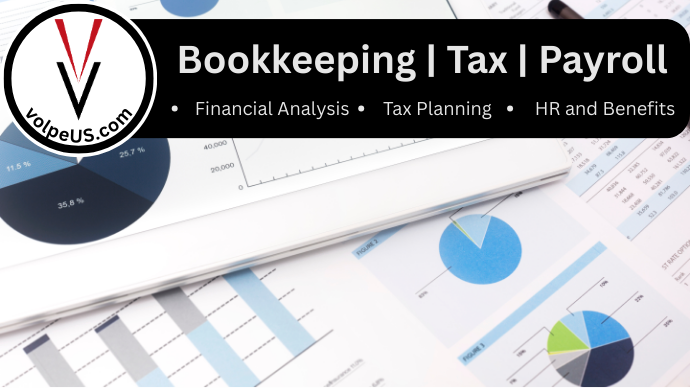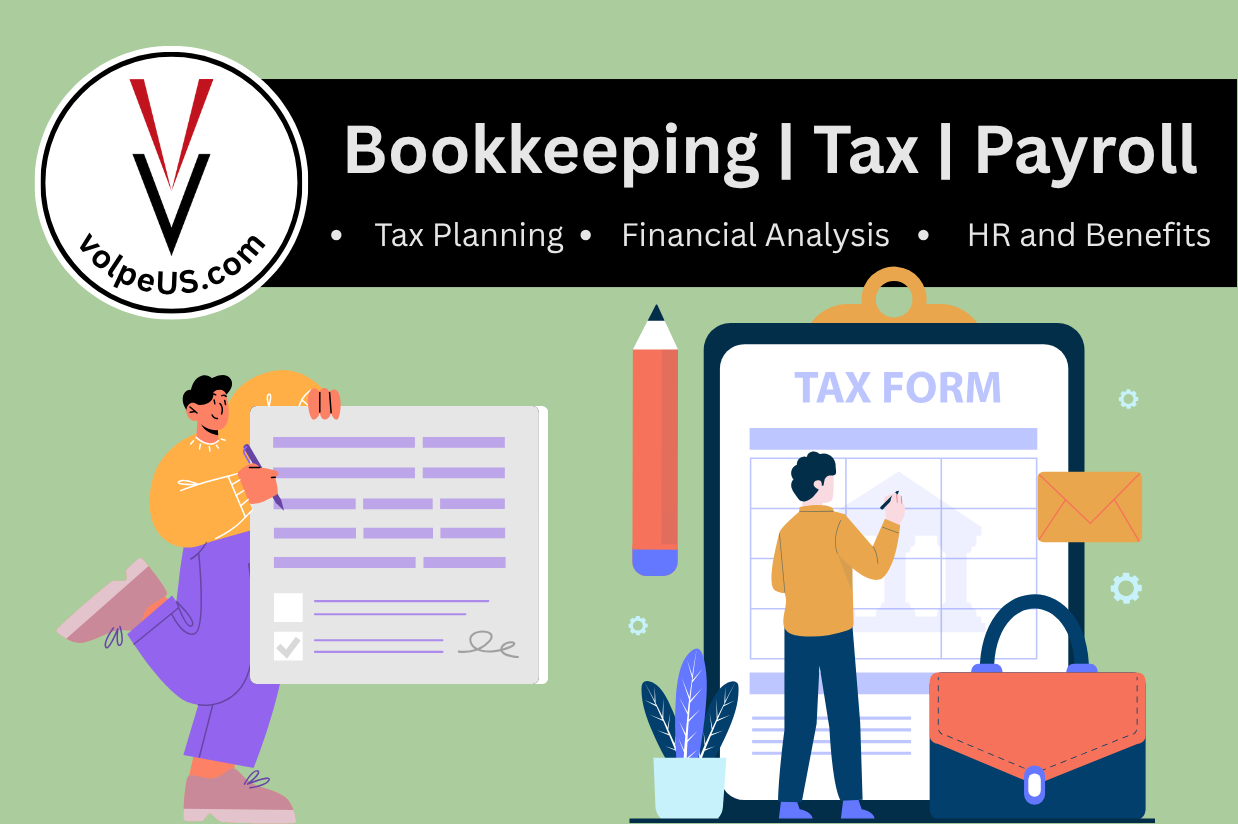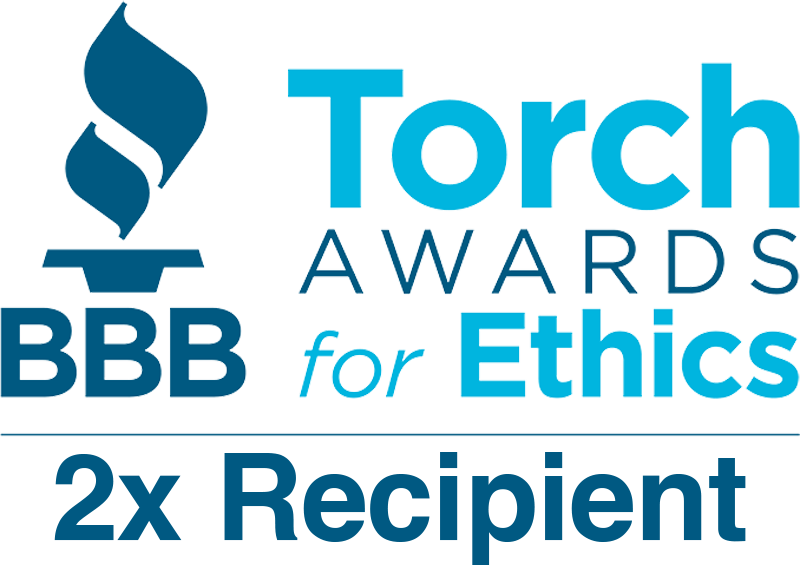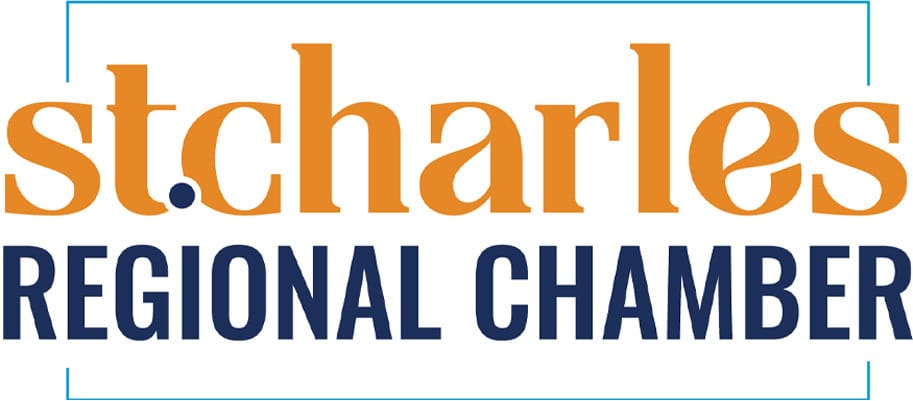Jump to a Specific Section
Take Advantage of Tax Deductions in 2020
While taking the standard tax return may seem like a more simple solution to doing taxes, it might not always be the best way to maximize your return. Itemizing your tax deductions and filing a long-form tax return can benefit you more than you might know.
Therefore, we’ve decided to make it easier for you to properly itemize your tax deductions for the upcoming tax season. We’ve put together a list of 50 write-offs that many people aren’t aware are tax deductions.
40 Tax Deductions Everyone Should Know About
- Earned Income Tax Credit – A refundable tax credit for people with low-to-moderate incomes, this credit is meant to help supplement the income of those who might need it due to lower earnings.
- Sales Taxes (State & Local) – Individuals can either decide to deduct income taxes OR state and local sales taxes. For some, it is more beneficial to deduct the sales taxes. In states without income taxes, citizens should look into deducting sales taxes paid throughout the year.
- Property, Real Estate, & Foreign Taxes – Aside from sales tax deductions and local/state income tax deductions, many people can also write off for other types of taxes. These tax deductions include local/state/foreign property & real estate taxes, as well as foreign income taxes.
- Unusual Business Expenses – While it seems the number of things non-self-employed individuals can deduct is being reduced, there are still several business-related expenses that most people wouldn’t think to itemize for deductions. These are things like art supplies for designers, equipment for musicians, lotions and oils for massage therapists, etc. Be sure to do your research before claiming business expenses.
- Student Loan Interest Deduction – Student loan interest paid throughout the fiscal year can be deducted for up to $2,500. Individuals who are married, but either file separately or are listed as a dependent on someone else’s return, however, cannot deduct student loan interest.
- Parent-Paid Student Loan Interest – Originally, student loan interest could only be deducted by the former student if they were directly responsible for the payments. Recent tax changes now treat student loan interest paid by parents as payment to their children, who are then technically paying the loans themselves. This revision allows up to $2,500 to be written off as a tax deduction.
- Tuition – In addition to student loans, you can deduct up to $4,000 of tuition money and fees for higher education if paid for by yourself, a spouse, or a dependent (unless married but filing separately).
- Educational Expenses – The American Opportunity Tax Credit, now a permanent fixture of the tax system, allows for the deduction of up to $2,500 for four years of post-secondary educational expenses.
- Educator Expenses – On the flip side, if you are an educator, up to $250 of supplies, books, and equipment can be written off for qualifying teachers (900hr-work-year minimum). Married couples who are both educators incurring expenses can write off up to $500.
- 401K Contributions – Contributions to 401K plans come from your income. Writing off these contributions for tax deduction purposes essentially lowers your overall taxable income, saving you money.
- HSA Contributions – HSAs, or Health Savings Accounts, are tax-exempt accounts that exist to help pay medical expenses. Any contributions you or your employer makes to your HSA can be written off as a tax deduction.
- Medical/Dental Expenses – Medical and dental expenses for yourself, your spouse, or any dependent you claim can be written off on your taxes. However, only on the costs that exceed 7.5 percent of your adjusted gross income.
- Mortgage Interest Deduction – On mortgage loans of $750,00o or less, you can deduct the interest paid. For married couples filing jointly, you can only deduct interest on loans of $350,000 or less.
- Mortgage Points – On top of the mortgage interest, you can also write off mortgage points (a.k.a. pre-paid taxes) for more tax deductions.
- Refinanced Mortgage Points – A refinanced mortgage means you can deduct a fraction of the points over the life of a loan. For example, a 30-year mortgage refinanced allows you to deduct 1/30 of the points earned on the loan.
- Home Sale Deductions – You can exclude up to $250,000 of gains from your income (or $500,000 for married couples filing jointly) if you sold your home for a profit during the last fiscal year.
- Medical Home Renovations – Typical home renovations are not usually deductible. There is, however, an exception for home renovations or additions made for medical/health purposes. Making things handicap-accessible, adding ramps, support bars, etc. These are all examples of medical home renovations.
- Child Care Credits – If you must use child care services during your work hours and your company doesn’t offer any pre-tax child care payments, you might be able to write off up to 35% of the costs.
- Dependent Care FSA – FSA, or Flexible Spending Account, is different from child care tax credits. These accounts that allow you to save up to $5,000 in pre-tax money for child or dependent care-related expenses.
- Claiming Parents as Dependents – Having to take care of an aging parent or family member could qualify you to claim them as a dependent on your tax returns. The main stipulation for this deduction requires the dependent’s income to be less than $4,050.
- Senior Tax Deductions – If you or your spouse turn 65 before the end of the fiscal year, you’re eligible for a higher standard tax deduction.
- Investment Interest Expense Deductions – If you purchased taxable investments during the year, you could write off the interest paid as an investment expense deduction. The amount caps at your net taxable investment income.
- Reinvested Dividends – Mutual fund dividends are often automatically reinvested in extra shares. This reinvestment increases the tax basis and reduces the overall taxable amount of capital gain.
- Tax Loss Harvesting – If you sell an investment at a loss, you can offset your taxes on your income/gains over the fiscal year through a process called “tax loss harvesting.”
- Bad Debt Deductions – A bad debt is when you lend money that never gets paid back. A bad debt may qualify you for a tax rebate. To fully qualify, you must have already included it in your previous income/loaned out cash and have proof you attempted to recoup the money. You must also have proof that there is no feasible way for you to get the money back.
- IRA Contributions – With a traditional IRA, or Individual Retirement Account, you can receive a tax deduction of up to $5,500 (or $6,500 for those over 50 years old). Roth IRAs, however, cannot be written off as a tax deduction.
- IRA Losses – Unlike contributions, losses can be written off for both traditional IRAs and Roth IRAs. However, several stipulations must be met before receiving the tax deduction.
- Early Withdrawal of Savings Penalty – Any penalties paid for an early withdrawal from an IRA, certificate of deposit, or any similar investment can potentially be itemized and written off.
- Repayment of Income – If an income included in your ordinary income taxes from a previous year had to be repaid due to an expense or loss from your business, trade, or a transaction, the repayment may be written off as a deduction.
- Gambling Losses – Believe it or not, you can write off up to the full amount of gambling losses as an itemized deduction. Some proof, however, is required.
- Disaster & Other Losses – Previously, any loss due to disaster or theft could be written off. However, recent tax changes mean that you can only itemize loss in a federally-declared disaster for tax deductions.
- Military Personnel Moving Expenses – Prior to recent tax changes, anyone meeting IRS guidelines for work-related relocation could write off moving expenses. Currently, this tax deduction is only available for military personnel and family moving expenses due to permanent station relocation.
- Military Reservist Travel Expenses – If you are a military reservist, you can write off transportation, meals, lodging, and some other travel expenses when traveling distances over 100 miles.
- Jury Duty Pay Deductions – Some employers continue to pay salary during jury duty for their employees. This process usually requires you to turn over the Jury Duty pay to your employer. If this is the case for you, you may be able to deduct the jury duty pay from your taxable income.
- Volunteer Work Donations – Doing charitable work can result in tax deductions for things like gas/oil expenses per mile and any volunteer work uniforms and equipment required. You will need documentation from the charity.
- Cash Donations – For all IRS-approved charities, cash donations can be deducted up to 50% of your adjusted gross income. Again, documentation in the form of bank statements or charity receipts is required.
- Non-Cash Donations – You can claim any items donated to charitable foundations at fair-market value for the price you could have received from selling for profit. Especially in cases of large non-cash donations, be sure the charity is qualified and IRS-approved.
- Alimony Payments – This year will be your last chance to deduct alimony payments from your taxes, as anyone divorced after December 31, 2018, will no longer be able to write off alimony.
- Job Search Expenses – As with alimony payments, job search expenses will no longer be deductible after filing taxes for 2018. Be sure to itemize those expenses, because this is the last year you can!
10 Tax Deductions for Self-Employment
Many of the things that used to be deductible for any employed individual are now limited to only those who are self-employed due to new tax laws. Here is a list of 10 things only self-employed people can write off as tax deductions.
- Health Insurance – Self-employment health insurance premiums, as well any qualified long-term care insurance.
- Social Security – 15.3% of your self-employment income must go to self-employment social security. However, 7.65% of that can be deducted for the employer portion.
- Tax Preparation Fees – Regardless of whether you prepare your taxes or pay a professional to do them for you, related expenses and filing fees can be written off.
- Home for Business Use – Self-Employed individuals who use part of their home exclusively to conduct business can write off expenses such as a percentage of utilities.
- Car for Business Use – Cars used for self-employed companies can write off expenses using a standard travel deduction or break it down for real-cost deductions.
- Car Registration Fees – As long as you meet specific requirements, self-employed car registration fees may be allowable tax deductions.
- Business Travel Expenses – In addition to the car itself, other business travel expenses like transportation fees, meals, lodging, and other related costs can be written off for self-employed individuals.
- Airline Baggage Fees – You can also deduct your Baggage fees during airline travel in addition to the standard business travel expenses.
- Work-Related Meals & Gifts – Certain qualified meals, gifts, and other forms of entertainment for business-related costs (such as client meetings or business outings) can be written off up to 50%.
- Work Uniforms – Any qualified uniform or specialized clothing required for self-employment is tax-deductible.
- Membership Dues – Any professional society membership dues paid as a part of business relations can be written off as tax deductions, in most cases.
For any help regarding tax preparation, submitting tax returns, or IRS audits, contact Volpe Consulting & Accounting today for a free consultation!













